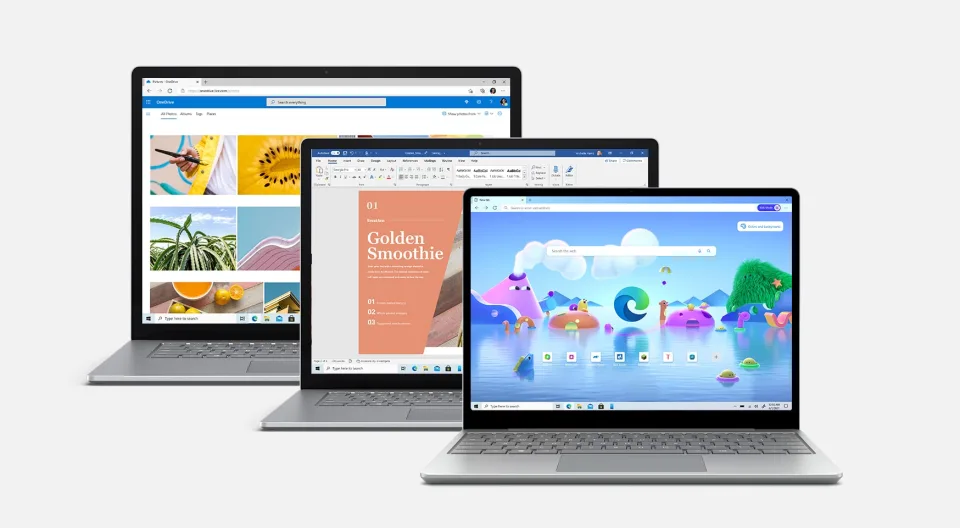While Windows 10 continues to benefit from Copilot AI support, it’s crucial to acknowledge that updates for the operating system will cease after its end-of-support date on October 14, 2025, as outlined in Microsoft’s IT Pro Blog post. To facilitate a smooth transition for businesses—and potentially individual consumers later—Microsoft will introduce an Extended Security Update (ESU) program for Windows 10.
Similar to the program instituted for Windows 7, organizations can acquire Extended Security Updates for Windows 10—currently capped at version 22H2—through an annual subscription, granting an extended lifespan of up to three years, until October 14, 2028. It’s important to note that this program exclusively addresses critical and important security updates, with no provision for technical support beyond these essential patches.
As an alternative solution to the aforementioned scenario, consider migrating Windows 10 PCs to Windows 11 in the cloud through a Windows 365 subscription. This approach allows the actual Windows 10 system on these machines to access Extended Security Updates without additional charges, albeit limited to a maximum of three years.
While Microsoft encourages transitioning to Windows 11, there’s a notable difference this time. Microsoft plans to extend the ESU program to individual users—a departure from the Windows 7 ESU program. This move reflects Microsoft’s recognition of Windows 10’s prevailing influence, currently holding 68.02 percent market share compared to Windows 11’s 26.63 percent, as per Statcounter data as of November 2023. Stay tuned for more details and pricing information.




